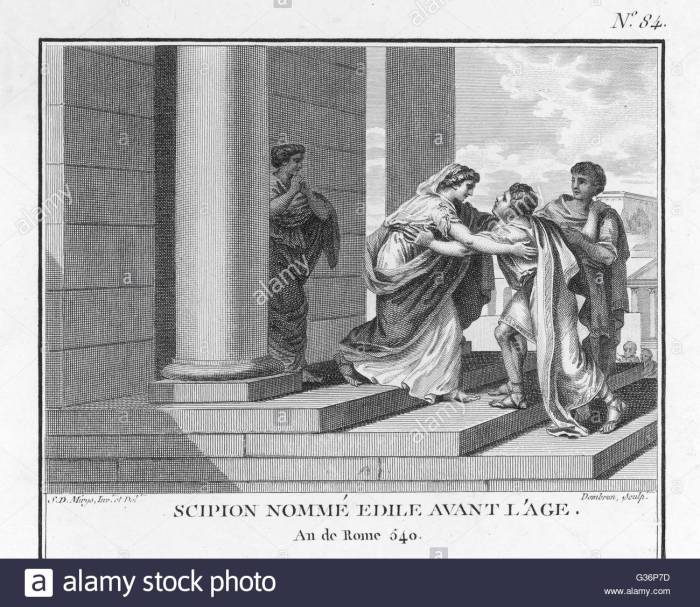The official in ancient Rome crossword provides a glimpse into the intricate political and administrative structure of the Roman Empire. From consuls to senators, these officials played a pivotal role in shaping the destiny of one of the world’s most influential civilizations.
This comprehensive guide explores the various official positions held in ancient Rome, their duties and responsibilities, the hierarchical structure, and the qualifications required to hold office. It also examines the role of officials in Roman society and highlights some of the most notable figures in Roman history.
Official Positions in Ancient Rome: Official In Ancient Rome Crossword

In ancient Rome, there were various official positions held by individuals who played significant roles in the functioning of the state. These positions carried specific duties and responsibilities, and they were organized in a hierarchical structure.
Position, Duties, Responsibilities, and Term of Office
| Position | Duties | Responsibilities | Term of Office |
|---|---|---|---|
| Consul | – Presided over the Senate and popular assemblies
|
– To ensure the smooth functioning of the state
|
One year |
| Praetor | – Administered justice in civil and criminal cases
|
– To ensure fair and impartial justice
|
One year |
| Censor | – Conducted the census and registered citizens
|
– To maintain the integrity of the Roman state
|
Five years |
| Tribune of the Plebs | – Represented the interests of the common people
|
– To protect the rights of the plebeians
|
One year |
Hierarchy of Officials, Official in ancient rome crossword
The officials in ancient Rome were organized in a hierarchical structure, with the consul holding the highest position. The praetors, censors, and tribunes of the plebs were subordinate to the consuls.
The diagram below illustrates the hierarchy of officials in ancient Rome:
[Diagram of the hierarchy of officials in ancient Rome]
Qualifications for Holding Office
The qualifications required to hold office in ancient Rome varied depending on the position. Generally, candidates had to be male, Roman citizens, and of a certain age and wealth.
The following are some of the qualifications required to hold specific offices:
- Consul: Had to be at least 43 years old, held other magistracies, and served in the military
- Praetor: Had to be at least 40 years old, held other magistracies, and served in the military
- Censor: Had to be at least 45 years old, held other magistracies, and served in the military
- Tribune of the Plebs: Had to be a plebeian and at least 25 years old
Officials were selected through various methods, including elections, appointment, and co-optation.
Role of Officials in Roman Society
Officials played a vital role in Roman society. They were responsible for the functioning of the state, the administration of justice, the maintenance of public order, and the provision of public services.
Officials interacted with the Roman people in various ways. They presided over assemblies, administered justice, collected taxes, and supervised public works projects.
Notable Officials in Roman History
Some of the most notable officials in Roman history include:
- Julius Caesar: Consul, dictator, and general who conquered Gaul and played a key role in the fall of the Roman Republic
- Augustus: First Roman emperor who established the Roman Empire and brought peace and prosperity to the Mediterranean world
- Marcus Aurelius: Philosopher-emperor who wrote the Meditations, a classic work of Stoic philosophy
- Constantine the Great: Emperor who converted to Christianity and made it the official religion of the Roman Empire
FAQ Summary
What were the qualifications for holding office in ancient Rome?
Qualifications varied depending on the position, but generally included citizenship, age, wealth, and military service.
How were officials selected in ancient Rome?
Officials were elected by the Roman people, appointed by the Senate, or chosen by the emperor.
What was the role of officials in Roman society?
Officials played a crucial role in governing the Roman Empire, administering justice, maintaining order, and providing essential services.

